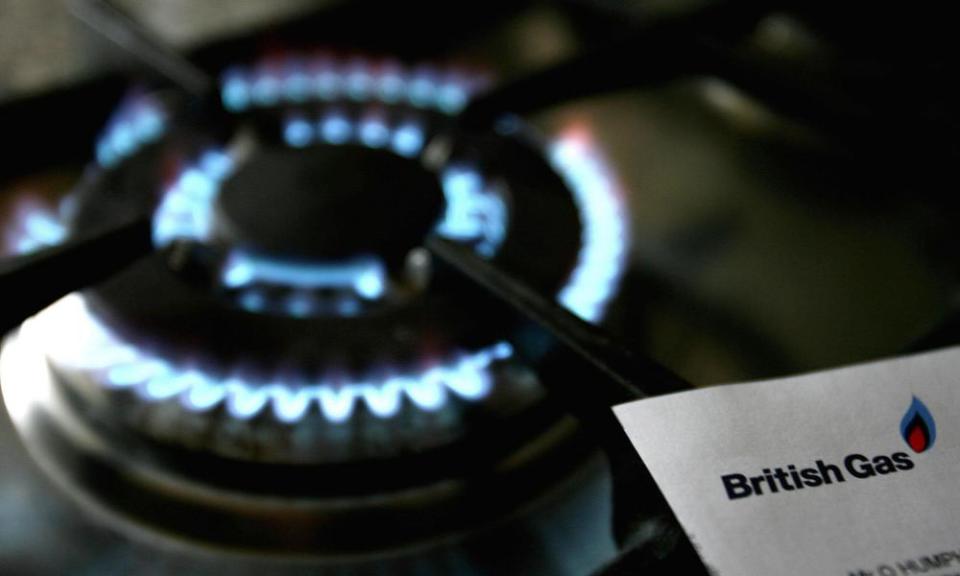Major UK gas firms 'unlikely' to pass on wholesale price cuts

Wholesale gas prices have fallen to a 10-year low, but while challenger energy companies have begun to pass on the reductions, households have been warned that the UK’s “big six” providers are unlikely to follow.
What do the restrictions involve?
People in the UK will only be allowed to leave their home for the following purposes:
Shopping for basic necessities, as infrequently as possible
One form of exercise a day – for example a run, walk, or cycle – alone or with members of your household
Any medical need, to provide care or to help a vulnerable person
Travelling to and from work, but only where this is absolutely necessary and cannot be done from home
Police will have the powers to enforce the rules, including through fines and dispersing gatherings. To ensure compliance with the instruction to stay at home, the government will:
Close all shops selling non-essential goods, including clothing and electronic stores and other premises including libraries, playgrounds and outdoor gyms, and places of worship
Stop all gatherings of more than two people in public – excluding people you live with
Stop all social events, including weddings, baptisms and other ceremonies, but excluding funerals
Parks will remain open for exercise, but gatherings will be dispersed.
Igloo cut its prices on Tuesday by up to 30%, pledging that its 92,000 customers would pay an average of £320 less a year for “dual fuel” (gas and electricity) than the standard tariffs at the larger energy companies, which are typically around £1,100 a year.
But the big six companies have yet to follow with any significant cuts. The wholesale price for gas has plummeted in recent months partly because of coronavirus-induced reductions in industrial and commercial demand, and partly as a result of the oil price war between Saudi Arabia and Russia.
“Day Ahead” contracts for gas delivery were already falling fast before coronavirus struck – down from 58p a therm in January 2019 to 28p at the start of this year, according to Ofgem figures. Since then in chaotic trading, prices have fallen to a 10-year low of below 17p a therm. Wholesale costs make up about 40% of an overall energy bill.
Igloo’s chief executive, Matt Clemow, said: “The impact of Covid-19 has been significant, reducing global natural gas prices dramatically, and is changing the way customers use energy at home, so we’re taking action early to pass on these significant savings as any good supplier should.”
But the big providers are hamstrung by the cost of providing effectively free energy during the crisis to households with pre-payment meters, and are currently banned from cutting off supply to struggling consumers who may be unable to pay.
Joe Malinowski of switching service TheEnergyShop.com said he was usually critical of companies failing to pass on price falls in the wholesale market, but added that the big players were facing challenging times.
“Companies like Centrica [owner of British Gas] in the current lockdown environment have to ensure they look after vulnerable customers. For customers with pre-payment meters, they are sending out keys with credit top-ups worth £50, and the reality is that they will probably have to write off those sums.
“They are also not allowed to cut off customers with standard meters, so they will probably be thumped with a massive bill for bad debts further down the line. The big companies have actually behaved remarkably well during this period, and in these circumstances I wouldn’t expect them to be doing much to cut standard bills as well.”

 Yahoo Finance
Yahoo Finance 